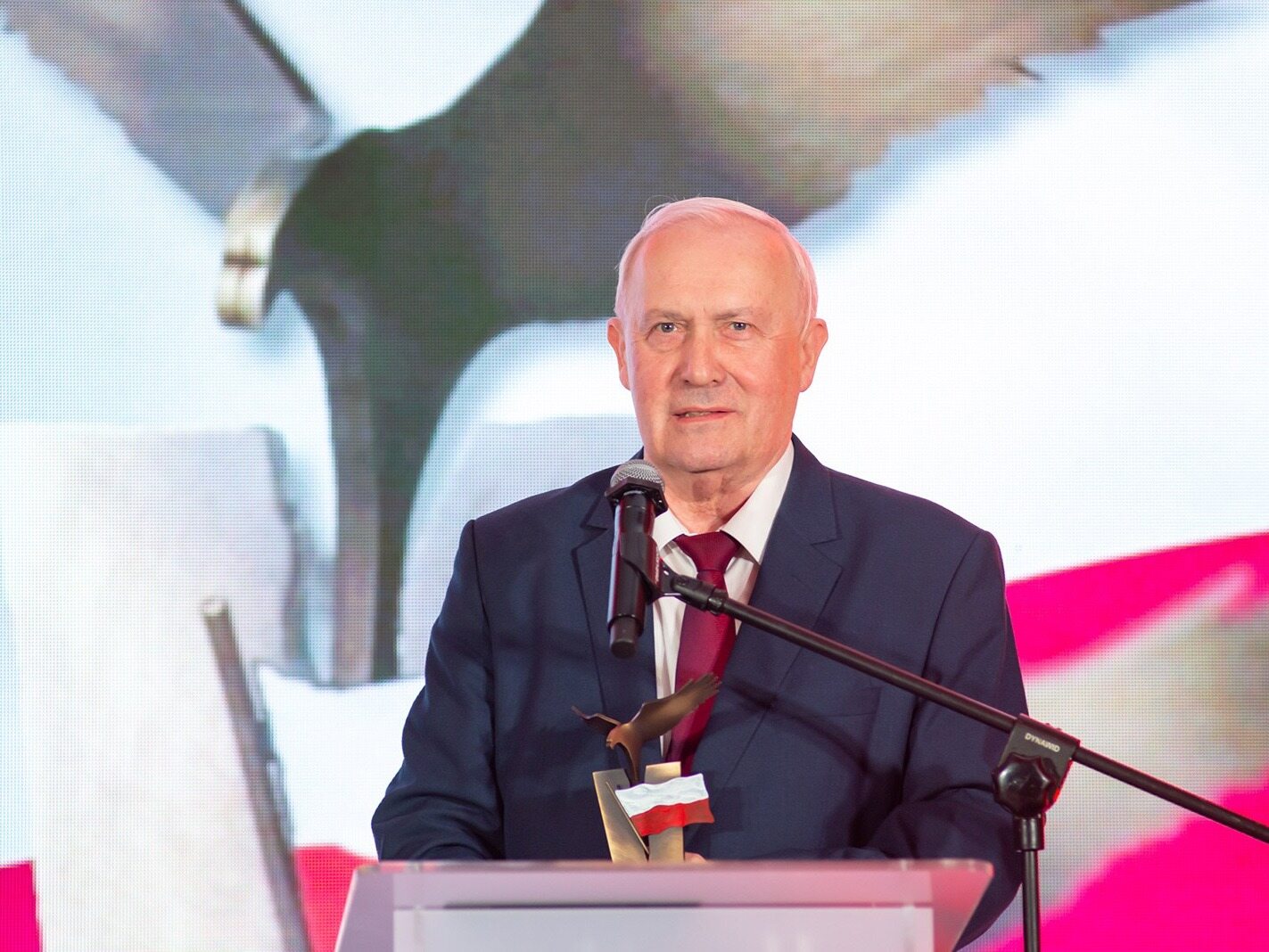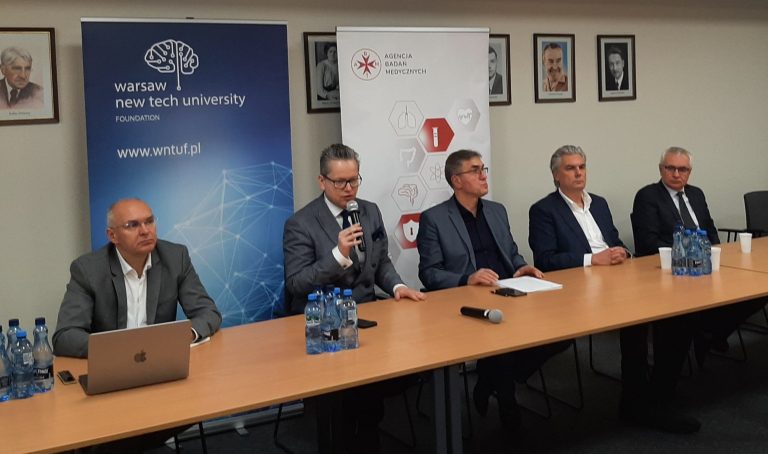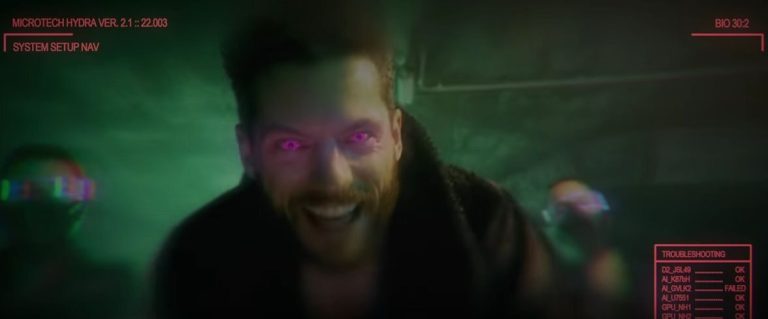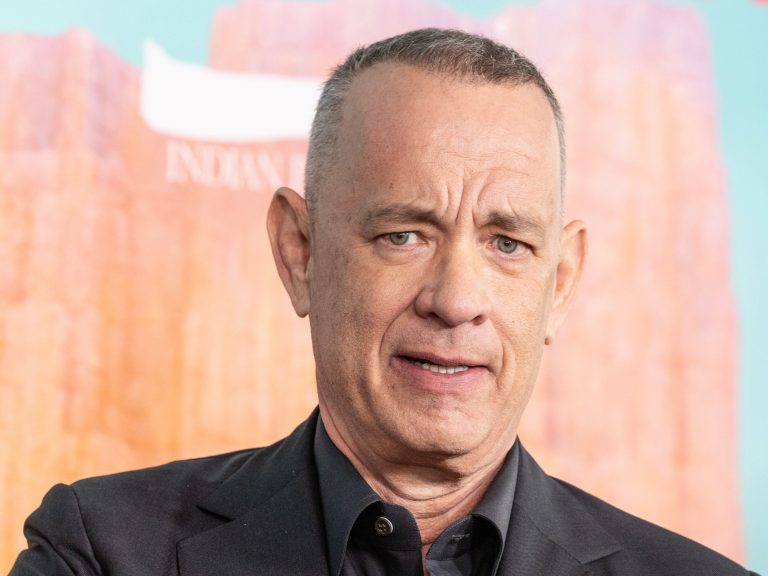A new Nobel-worthy discovery? Prof. Jan Lubiński: Please call me in a year

I must honestly admit that all this exceeded all my expectations of what I could achieve when I started my work – says “Wprost” prof. Jan Lubiński, world-famous geneticist. It was he who invented the familial cancer register and thanks to him, a network of oncological genetic clinics was established. Now he is working on a project whose aim is to show that it is possible to reduce the risk of cancer to zero.
Katarzyna Świerczyńska, “Wprost”: It is difficult to count all the successes of you and your team when it comes to oncological genetics. In many respects – and we will talk about this in a moment – you were the first in the world. Please tell me where it all started?
Prof. Jan Lubiński*: We have to go back to the 1990s and realize that genetics were still in their infancy then. We were not sure that some types of cancer could be associated with specific genetic mutations. However, based on the scientific publications available at that time, I assumed that this was the direction in which we should go, that cancers were genetically embedded.
What exactly did you have in mind then? At that time, these genes had not yet been identified.
As I said, it was an assumption that if we check it carefully, it will turn out that there will be many situations where mutations in a single gene will cause a high risk of a specific cancer: breast cancer, ovarian cancer, colorectal cancer and to a lesser extent, but also other cancers. I then came up with the idea, among other things, to create a registry of familial cancers.
No one has done this before you.
And at the beginning I also faced criticism. Even my older colleagues made fun of my ideas back then. But after a few years, it turned out that creating registries made sense, because when genetic mutations became more widely discussed, we already had a large database of patients and therefore huge material for research and we simply had somewhere to look. In the Polish population, we were able to demonstrate that the BRCA1 gene, and then other genes, are very repeatable when it comes to specific types of changes. We detected so-called founder mutations, which are a specific type of mutation that has an identical sequence of a section of DNA in all people affected by it.
And I must add that genetics were very expensive back then. BRCA1 and BRCA2 testing done in the United States cost over $3,000, so imagine that! And we managed to develop quick and cheap tests, thanks to which these costs dropped to several dozen euros!
It is easy to guess that this opened up completely new research opportunities.
First of all, we could do screening tests. In the years 1999-2001, we implemented the world’s first population-based genetic and oncological preventive program. It covered over 1.7 million patients in the West Pomeranian Voivodeship. We then collected data in cooperation with family doctors. And we could test all those cases where there was a family history of breast cancer or ovarian cancer for the presence of BRCA1 gene mutations. And suddenly there was a huge registry of patients with this particular mutation. We also came up with the idea of creating a network of oncological genetic clinics throughout the country. A unique system on a global scale has been created! Today, if someone does some research related to the BRCA1 mutation, but also CHEK2, PALB2 and NBN, i.e. those that are common in Poland, they inevitably use our data.
What does such a register provide?
On the one hand, it is a chance for these patients for early diagnosis of cancer and effective treatment. On the other hand, it is a scientific base thanks to which we are constantly invited by researchers from all over the world to work together…
And recently there has been a lot of talk about the success of your team and the detection of a new mutation in the ATRIP gene.
This research was led by prof. Cezary Cybulski from our team, a geneticist from the Department of Genetics and Pathomorphology of the Medical University of Warsaw. It’s all the result of our clinical trials and constant work. We were the first in the world to discover new genes, including ATRIP, which are high-risk cancer genes. This wouldn’t have happened if it weren’t for the network of counseling centers and the registers. Let me emphasize: these are genes discovered in Poland, here. Based on our material!
You were also the first in the world to start treating women with breast cancer with cisplatin.
Yes, and it is a medicine that costs only 20 euros! We can use them in women who have the BRCA1 mutation. In 70 percent tumors disappear and patients are cured. If we started listing what we are first in the world at, it would really add up to a lot (laughter). Last year, our biobanks exceeded half a million people with cancer and their relatives with biological samples and clinical data. And our latest hit is research – which we have been conducting for over 25 years – on the correlation of the concentration of specific elements with the risk of cancer and the results of cancer treatment.
Please tell me more about it.
It is extremely important to monitor serum selenium levels, and if this is done, the risk of death for a person with cancer decreases tenfold. It’s the same with zinc levels. We also found that the strongest risk factor for cancer, at least in women in Poland, is the concentration of arsenic in the blood. This gives us amazing prospects for optimizing all these factors. Because if we stabilize all these zincs, arsenic and selenium, the risk of cancer and death in Poland will decrease several times.
We are talking about scientific successes, but there are also real patient stories behind them. I know several women who receive care under the program you developed and they say directly that they are alive thanks to it, because the cancer was detected at a very early stage. I guess that’s very satisfying?
That’s why we do all this, and I consult with even several dozen patients almost every day.
At the same time, I still feel that we are not yet using our full potential, that there is still a lot ahead of us.
I came up with a program to care for families with a genetic predisposition to cancer in 1998, and it was implemented a year later. Thanks to this, we currently have several thousand women in Poland who are at high risk of breast cancer, colon cancer and ovarian cancer. They are all under our care, specifically oncological genetic counseling. I must honestly admit that all this has exceeded any expectations I had about what I could achieve when I started my job. Maybe even too much good has happened for one man like me…
And why did you become a doctor?
I was a good child who studied well, I always felt the need to do new things, I was constantly creating projects. I also studied a lot at the university and was very active in scientific circles. I knew that medicine would give me very wide opportunities – both to do very practical things and to do typical scientific work. And I wasn’t wrong. Everything we are talking about is also a combination of characteristics of a person who prefers to work rather than play or lie on the beach. Because I also have to emphasize – I simply love my job, I don’t get tired, I come to work with great pleasure. And our whole team is like that. Together we achieve it all.
What are your plans? Because I guess you don’t rest on your laurels.
We are currently preparing a large project related to the elements, we want to be the first in the world to show that if in a woman with the BRCA1 mutation we monitor the levels of arsenic, zinc and selenium through diet, the risk of cancer will almost be zero. The second plan is to show that even if a woman develops cancer, by optimizing the concentrations of elements we will effectively improve the prognosis.
My goal, the most important one, is to show that you don’t have to be afraid of mutations, that we have ways to deal with it – ways that don’t hurt, don’t traumatize.
To put it another way: our assumption is that we want to show that we are able to reduce the 80% risk of cancer to zero. And if we do this for cancer, there is a huge probability that the same principle will work for other genetic diseases.
Your scientific dream?
So that people are effectively protected so that they do not get sick unnecessarily. And if they do get sick, they should be brought out of it effectively.
You think about patients, but aren’t the things you say about reducing the risk of cancer to zero a Nobel Prize-worthy discovery?
I don’t think in those terms, but you know what? Please call me in a year and maybe we will know everything then.
*Prof. Jan Lubiński, specialist in pathomorphology and clinical genetics, head of the Department of Oncology and the Department of Genetics and Pathomorphology at the Faculty of Medicine, Biotechnology and Laboratory Medicine of the Pomeranian Medical University in Szczecin and the International Center for Hereditary Cancers, national consultant in the field of clinical genetics, member of the Presidium of the Human Genetics Committee and Molecular Pathology of the Polish Academy of Sciences. In 2023, he was honored with the Wprost Eagle in the Regional Personality category.






